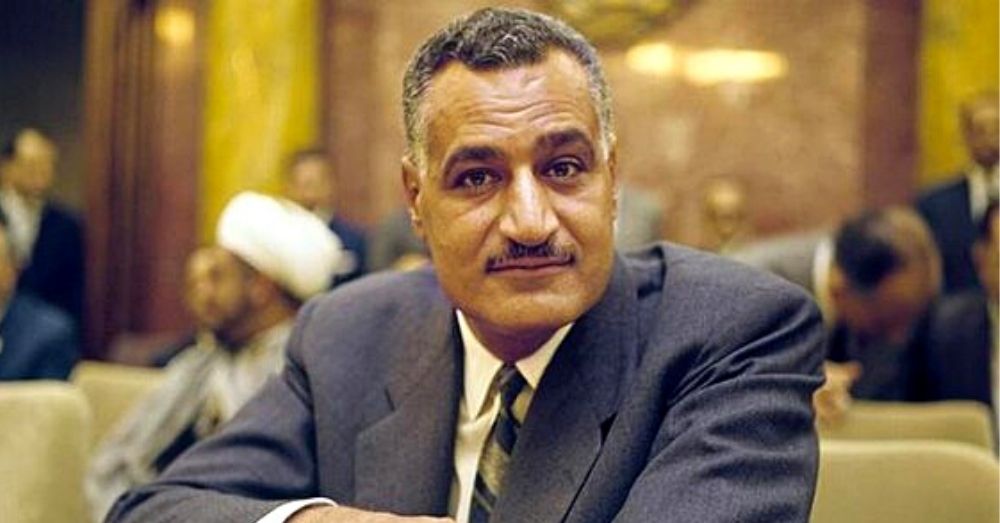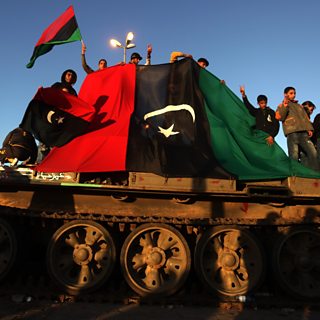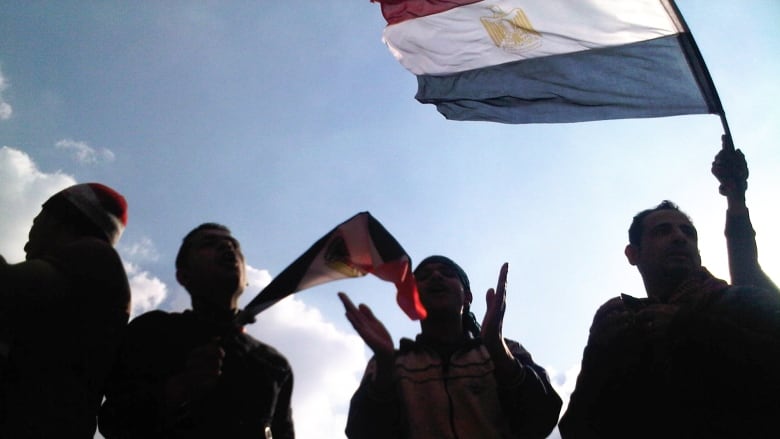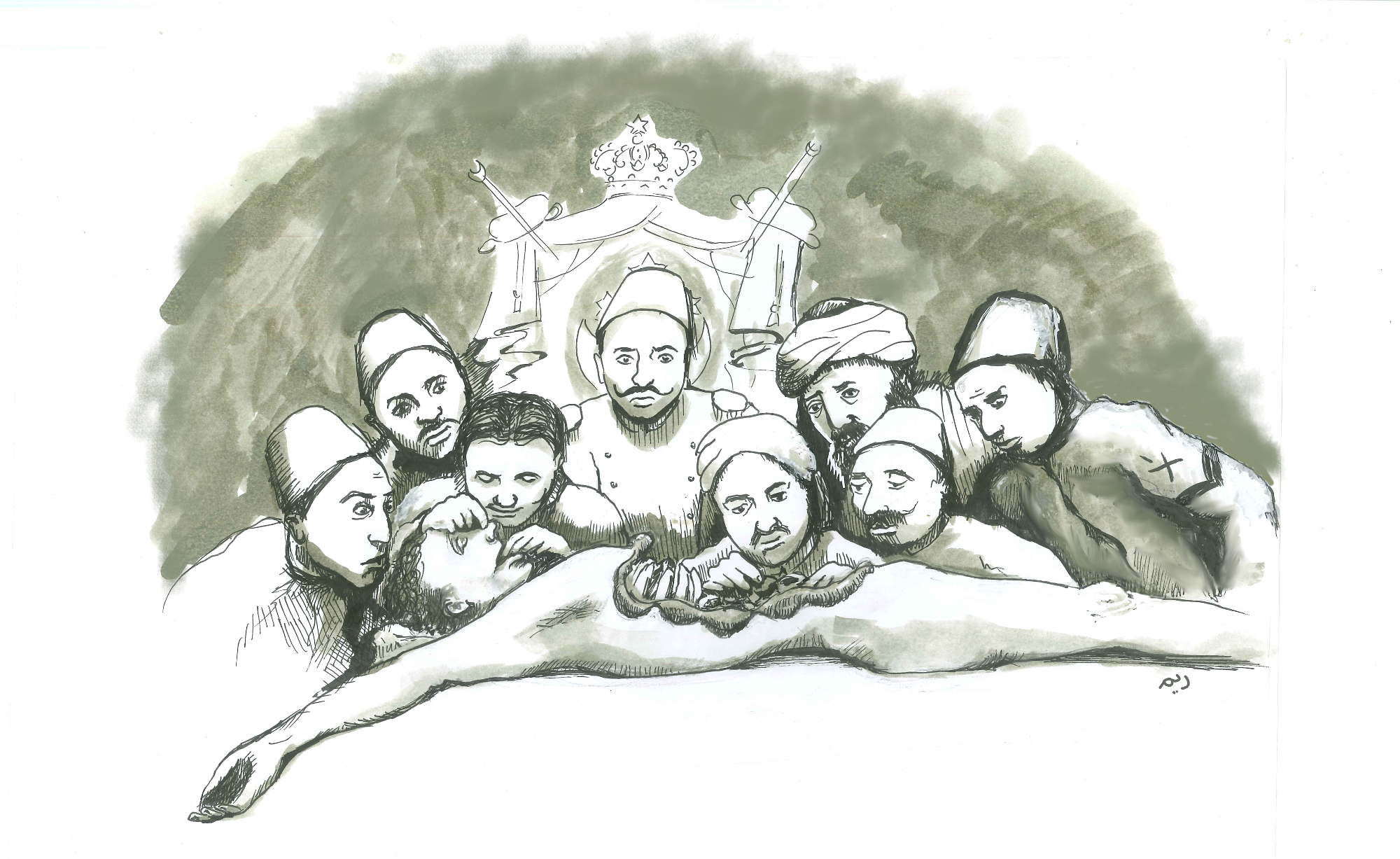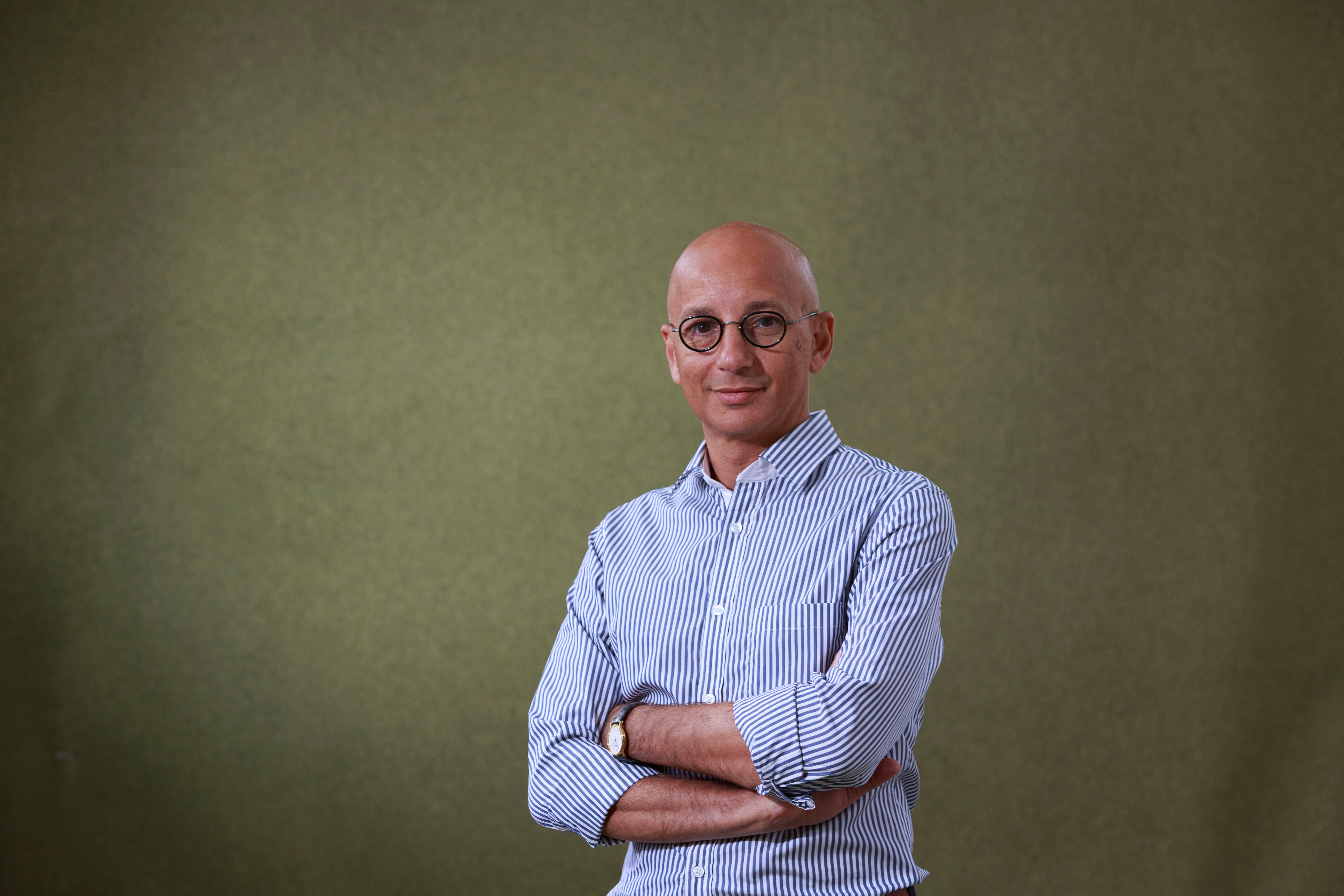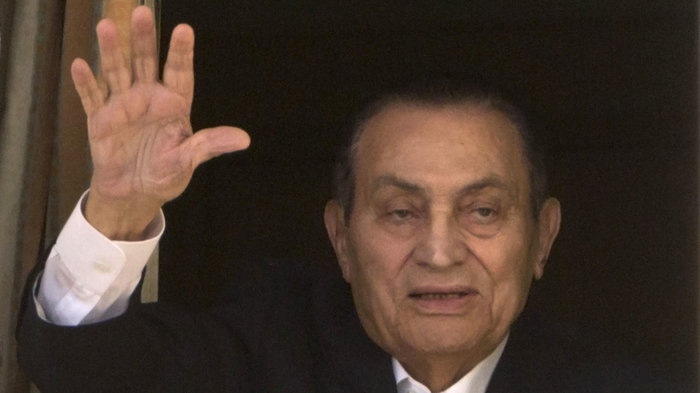Category: Media appearances
Historian Khaled Fahmy, who teaches at Cambridge and has studies the history of Mehmed Ali Pasha and his son Ibrahim, speaks to LiFo on the occasion of his participation in the “1821: The Known-Unknown Revolution” conference. This is an English translation of an interview with Vassili Siyouti which appeared in Lifo Magazine on 11 November 2021. A different conference on the Greek revolution of 1821 is being held these days (December 9-12) at the Law School and the Cultural Center of the Municipality of Athens. The aim of the organizers is to highlight the perspectives that have been enlightened by…
1 CommentBroadcast on November 3, 2021 About this episode: The next episode in the series covers the fascinating life of Gamal Abdul Nasser, revolutionary and former president of Egypt. Nasser emerged at a time when Egypt was controlled by the British and through determination and powerful leadership he led a coup that saw Egyptians control Egypts future. Infamously he would nationalize the Suez canal, sparking a huge diplomatic incident. While also acting as a leader of sorts to many countries also seeking to move past their recent colonial pasts. He was an incredible speaker, a beloved leader and shaped the Arab…
Leave a CommentOn the tenth anniversary of the Arab uprisings of 2011, the BBC’s The History Hour program devoted an entire episode on Saturday, 30 January 2021, to the event. Here is the BBC’s blurb: In the early months of 2011 a wave of social unrest swept across the Arab world as people protested against repressive and authoritarian regimes, economic stagnation, unemployment and corruption. It began with reaction to the self-immolation of a young market trader in Tunisia, but soon became an outpouring of resentment after generations of fear. On The History Hour, Professor Khaled Fahmy of Cambridge University, helps us unravel…
Leave a CommentTen years ago, the Middle East was in convulsions as protesters attempted revolution in several countries. Looking back, what can we learn from those experiments in human collaboration? Nahla Ayed of CBC interviews Ahdaf Soueif, Hossam Hamalawy and Khaled Fahmy.
Leave a CommentOn the occasion of receiving the Social History Society Book Prize, I had this interview with Prof. Naomi Tadmor, the Chair of the Society
2 CommentsThis conversation with Youssef El Chazli was published din Mada Masr on 8 June 2019 Khaled Fahmy, who holds the Sultan Qaboos bin Said chair in modern Arabic studies at the University of Cambridge, has worked tirelessly to scrutinize and reevaluate dominant narratives and historical assumptions about the Egyptian state and its many institutions. In his first book, All the Pasha’s Men, Fahmy took up the narrative of Mohammed Ali’s construction of modern Egypt, in particular the role the construction of the army played in this trajectory. As Amr Ezzat wrote in an article in al-Shorouk in 2013, the book was an attempt…
Leave a CommentAn interview with Sonja Zekri published originally in German in Suddeutsche Zeitungand then in Qantara.de on June 23, 2017 In interview with Sonja Zekri, Harvard-based Egyptian historian Khaled Fahmy describes the Arab defeat at the hands of Israel in the year 1967 as triggering the rise of Islamism It was a short war, just six days, yet during that time Israel destroyed the armed forces of Egypt, Jordan and Syria, captured the Sinai and the Gaza Strip from Egypt and occupied East Jerusalem, which up to that point had been part of Jordan. And that was only the military debacle. The political and cultural…
Leave a CommentAn interview with BBC Radio 4 “The World Tonight” program on Sisi’s declaration of the state of emergency in the wake of the IS terrorist attacks on churches in Tanta and Alexandria. You can listen to the program HERE (Egypt section starts at 20:39, my section starts at 23:40).
Leave a Comment
